No man likes to have his intelligence or good faith questioned, especially if he has doubts about it himself
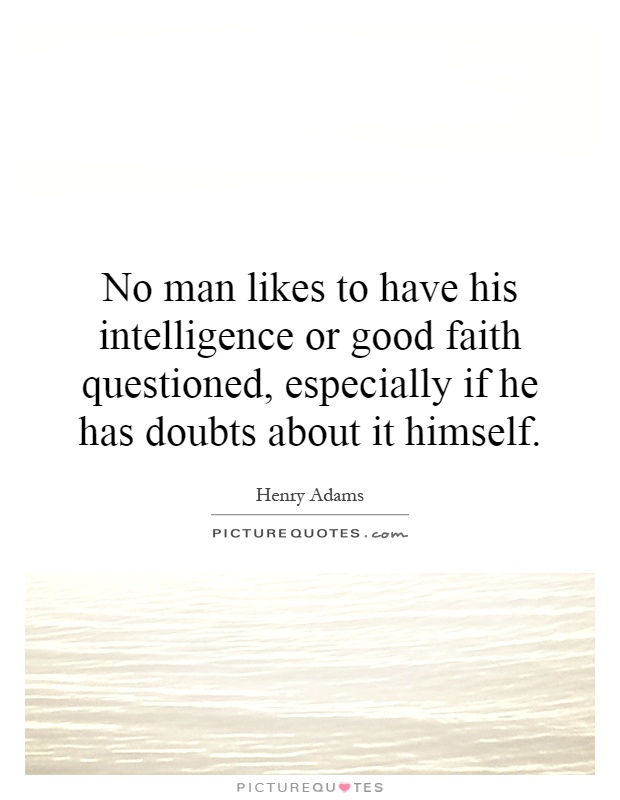
No man likes to have his intelligence or good faith questioned, especially if he has doubts about it himself
Henry Adams was a man of great intelligence and good faith, but he also had his doubts. As a prominent historian, journalist, and educator, Adams was constantly challenging himself and others to think critically and question the status quo. However, despite his intellectual prowess, he was not immune to the insecurities that come with being human.Adams understood that no man likes to have his intelligence or good faith questioned, especially if he has doubts about it himself. This sentiment is evident in his writings, where he often grappled with the complexities of human nature and the limitations of knowledge. In his autobiography, "The Education of Henry Adams," he reflects on his own struggles with self-doubt and the fear of being perceived as less intelligent or trustworthy than he aspired to be.
Throughout his life, Adams sought to reconcile his intellectual pursuits with his personal insecurities. He was acutely aware of the expectations placed upon him as a member of the esteemed Adams family and as a scholar in his own right. This pressure to live up to his family's legacy and his own academic achievements weighed heavily on him, leading to moments of self-doubt and introspection.
Despite his doubts, Adams remained committed to his pursuit of knowledge and truth. He understood that questioning one's intelligence and good faith was a necessary part of intellectual growth and self-discovery. By confronting his insecurities head-on, Adams was able to deepen his understanding of himself and the world around him.
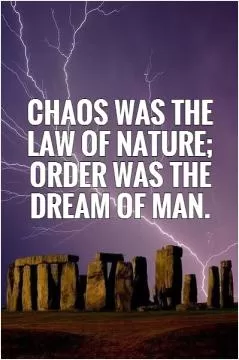

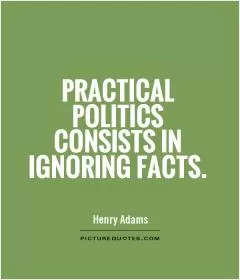

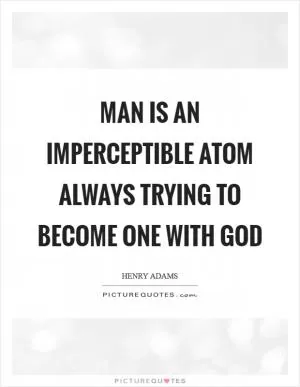

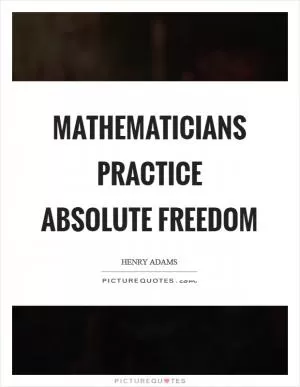

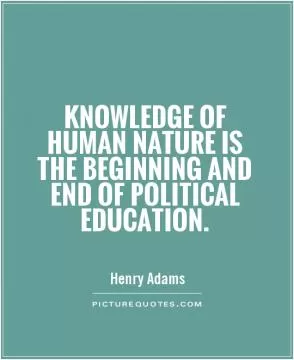
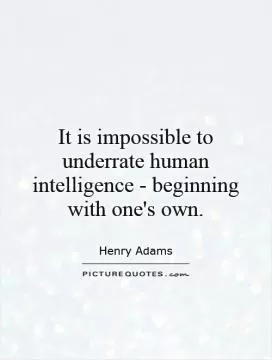


 Friendship Quotes
Friendship Quotes Love Quotes
Love Quotes Life Quotes
Life Quotes Funny Quotes
Funny Quotes Motivational Quotes
Motivational Quotes Inspirational Quotes
Inspirational Quotes